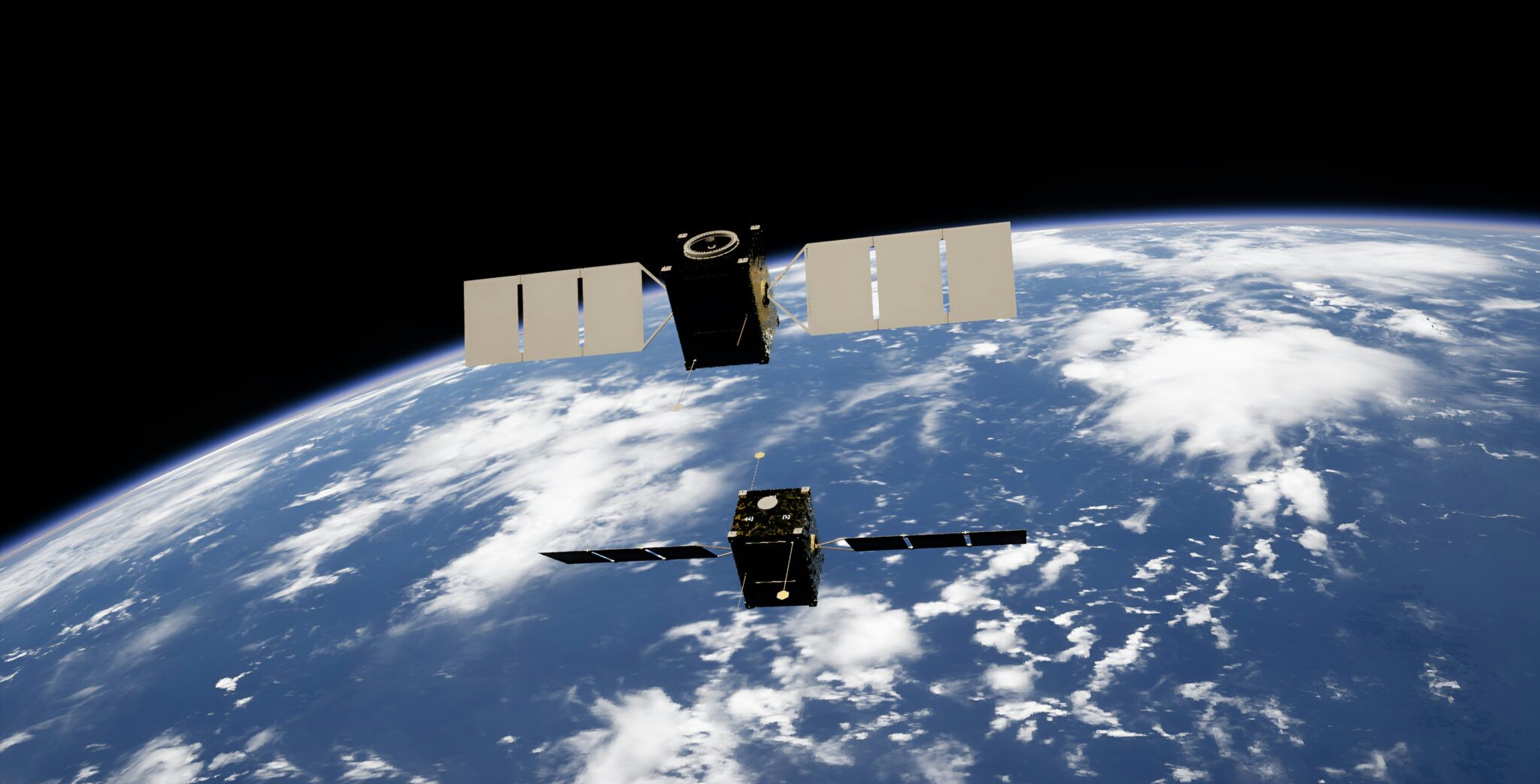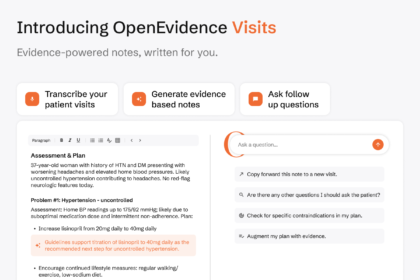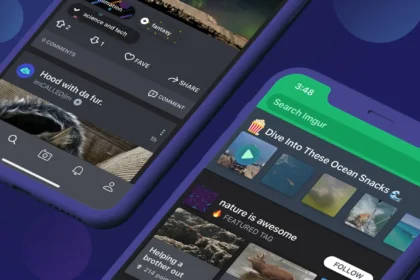Global communications company Viasat is accelerating its expansion across Africa using next-generation satellite technology and strategic partnerships to close the continent’s digital divide. The company aims to provide high-speed, affordable satellite connectivity to underserved communities, enabling vital digital services like telehealth, distance learning, precision agriculture, and business development.
Central to Viasat’s strategy is its partnership with Microsoft’s Airband Initiative, which targets bringing internet access to 5 million Africans by 2025. Initially focusing on Angola, Egypt, and Senegal, with plans to expand to Nigeria and the DRC, this collaboration aims to deliver immediate connectivity in regions historically underserved by broadband.
Viasat is also forming regional partnerships to improve access and affordability. In West Africa, it signed an MOU with Liquid Dataport to commercialize satellite broadband and lower costs. In North Africa, it works with Rawafed Libya, providing satellite connectivity for businesses, government bodies, and the oil and gas sector.
Related: Zoom And NVIDIA Partner To Power Smarter Enterprise AI
These initiatives are powered by the company’s ViaSat-3 constellation, with the second satellite covering the EMEA region. This new satellite will more than double bandwidth capacity, supporting in-flight and maritime connectivity while expanding commercial and digital inclusion efforts across Africa.
Through these moves, Viasat positions itself as a key player in Africa’s digital transformation, bridging connectivity gaps and supporting the continent’s growing digital economy.






